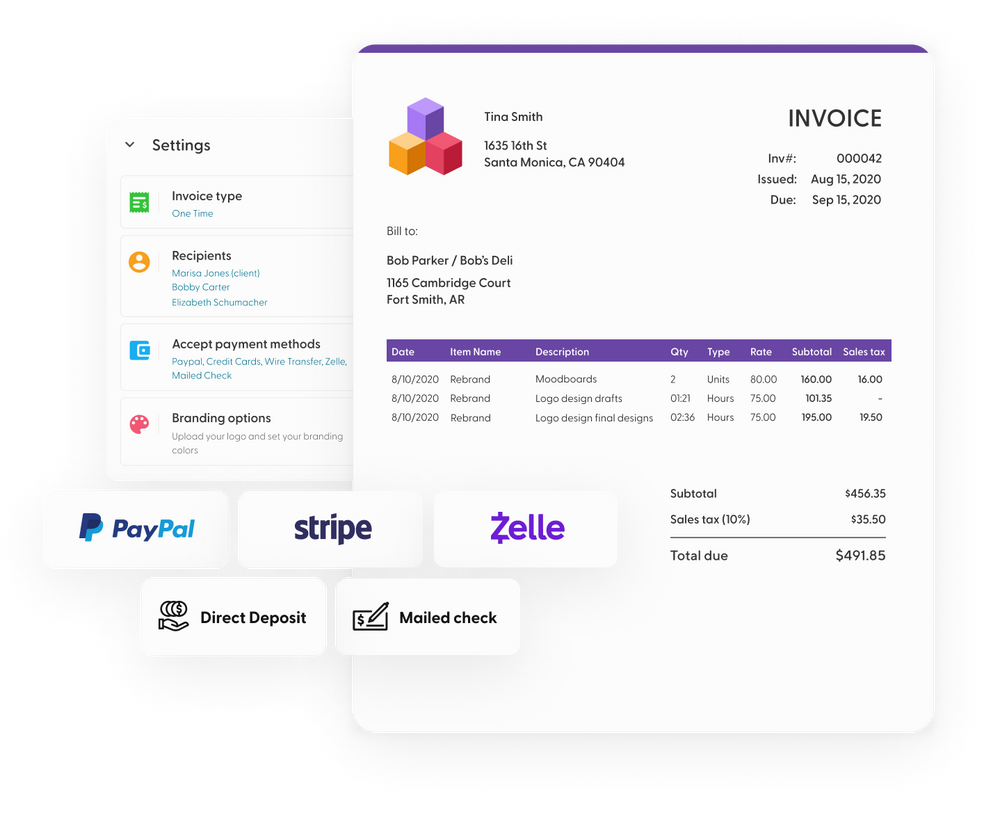There are certain professions we constantly hear about in freelance settings: freelance virtual assistants, graphic designers, web developers, and writers to name a few. That’s nowhere near the end of the possibilities, though. More and more careers are viable in a freelance career, and did you know that includes teaching?
2020 already changed the landscape of education as a profession, but freelance teaching is an even farther-reaching movement that’s taking the education world (and other industries) by storm.
What Is a Freelance Teacher?
A freelance teacher is exactly what it sounds like: a professional instructor who teaches on a per-class basis rather than continuing with a traditional teaching job. Depending on where and what you’re teaching, you may need the same certifications as traditional educators, like a teaching license in your state or a TEFL certification to teach English as a second language. You’ll also have the same responsibilities as a traditional teacher: planning, assessments, classroom management, the whole nine yards.
Where Does a Freelance Teacher Work?
When you think of teachers, you probably think of typical brick-and-mortar schools with teens or kids as students. These traditional schools often hire independent educators for short-term needs, such as filling in during other faculty members’ long leave periods or filling a gap between one employee teacher leaving and another taking their position permanently.
Freelance instructors also work in many other types of settings too, though. For instance, you could be an online tutor for a distance learning school, or perhaps a freelance tutor. Sometimes businesses hire these professionals too, such as hiring a freelance English teacher who’s responsible for teaching business English to employees who aren’t native English speakers.
Becoming a Freelance Teacher Instead of a Traditional Teacher: Pros and Cons
Teaching is one of those professions that’s truly natural for some, and if you’re one of those people, it’s probably the only career you can picture for yourself. Should you steer toward traditional teaching, though, or lean toward the freelance path? Weigh these pros and cons.
Pro: Higher Pay
In general, independent instructors make more than their peers in traditional employment roles. On average, freelance teachers make over $63,000 per year compared to just over $42,000 yearly for typical educators.
Of course, there are some balancing factors. As freelancers, independent instructors don’t receive benefits like health insurance or paid time off. You’ll also need to pay self-employment taxes on top of income taxes. Still, particularly for people who get their insurance through a spouse’s employer, the balance could work out in their favor.
Con: Irregular Work
This is a downside of freelancing in general: there’s no guarantee you’ll have consistent work. It all depends on the market in your specific area. Some independent instructors get enough work to take their career full time while others work on a part time basis.
Pro/Con: Varied Subject Areas
This could be a pro or con depending on your personal preferences. Freelance educators often teach many different subject areas: geometry one day, English the next, and so on. For teachers who enjoy variety and constantly shifting with the tides, that’s a perk, but it could be stressful for those who prefer predictability.
Pro/Con: Wider Variety of Teaching Environments
Just as some educators love variety in their subject areas, some love varied teaching environments as well. Let’s be honest, your typical school setting isn’t ideal for everyone, though, so for those who like other types of adventures, freelancing could be perfect.
As I mentioned, some educators freelance in corporate environments. There are more and more options to teach online today as well. Those types of gigs can be game-changers for instructors with transportation or mobility limitations.
Pro/Con: Teaching Multiple Age Ranges
Many educators know they love educating but when you get your degree, you have to choose a specific age range for your specialty, and that’s not always easy. If you’re just as passionate about educating adults as you are about kindergarteners, give freelancing a chance. You could have opportunities to teach all age ranges and try out a variety of teaching method options in various settings.
Keep in mind, though, that depending on the school hiring you and your local regulations, you may need different certifications and licenses to teach each age range. Make sure you prioritize and get any certifications you might need.
Building a Career in Freelance Teaching
Educators are known to have a tough job. Not only do they have important responsibilities and time-consuming tasks, but they get low pay as well, especially for the risks and stresses they endure. Whether you teach English online or teach in traditional schools, though, turning it into a freelance business could be a better path.



